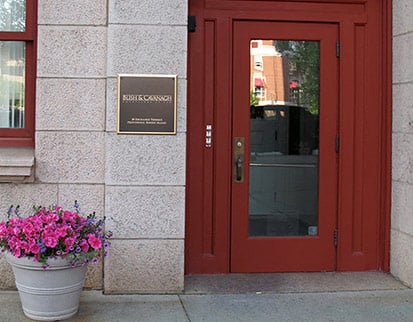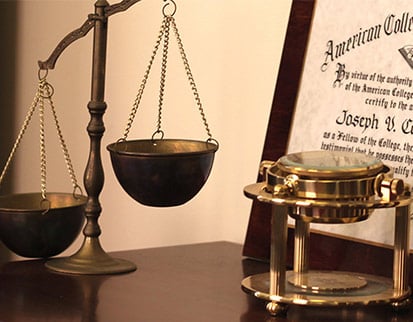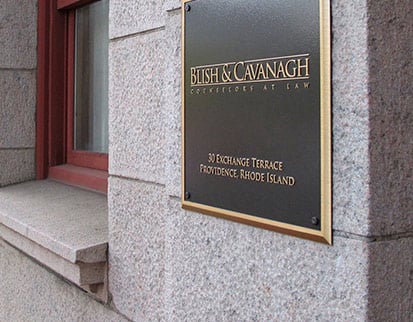Navigating the complexities of estate planning can be a daunting task. From designating beneficiaries to organizing your assets, each decision holds weight.
One critical element that often arises in the process is the choice between a revocable and an irrevocable trust. Both are characterized by unique features, benefits and drawbacks.
The basics of a revocable trust
A revocable trust, also known as a living trust, is a legal entity that holds assets for the benefit of designated individuals, commonly referred to as beneficiaries. The person who creates the trust, the grantor, maintains complete control over the assets and can change the trust’s terms, including adding or removing assets, changing beneficiaries or dissolving the trust entirely. This level of control makes revocable trusts a popular choice for those who value flexibility in their estate planning.
What you need to know about irrevocable trusts
In contrast, an irrevocable trust can’t be altered or revoked without the beneficiaries’ consent or a court order. Once assets are transferred into this type of trust, they aren’t considered the grantor’s property. This loss of control comes with specific benefits, such as protection from creditors and potential tax advantages. Irrevocable trusts are often used to protect significant assets or when particular conditions need to be met for asset distribution.
Why trusts shouldn’t be listed in your will
Although a will and a trust can work hand-in-hand in estate planning, they serve different purposes and should remain distinct entities. Listing your trust within your will can cause several issues.
Wills become public record once they go through probate, potentially exposing the details of your trust if the trust is put into the will. Additionally, the information within the will could conflict with the terms of the trust, leading to legal ambiguities and familial disputes. Keeping these documents separate better ensures clarity and privacy.
Ultimately, your estate plan must be customized to meet your needs and reflect your wishes. Seeking legal guidance to help you sort through the possible options for passing assets down may take some stress off you during this process.








